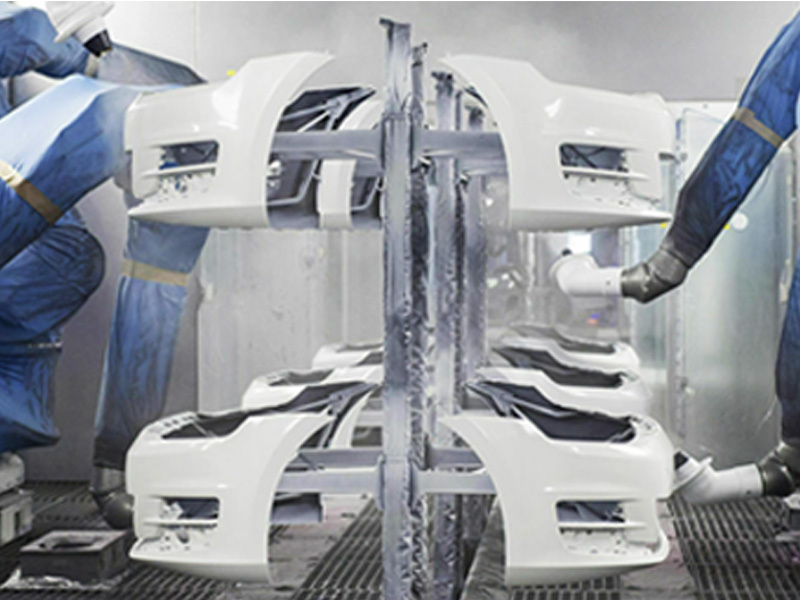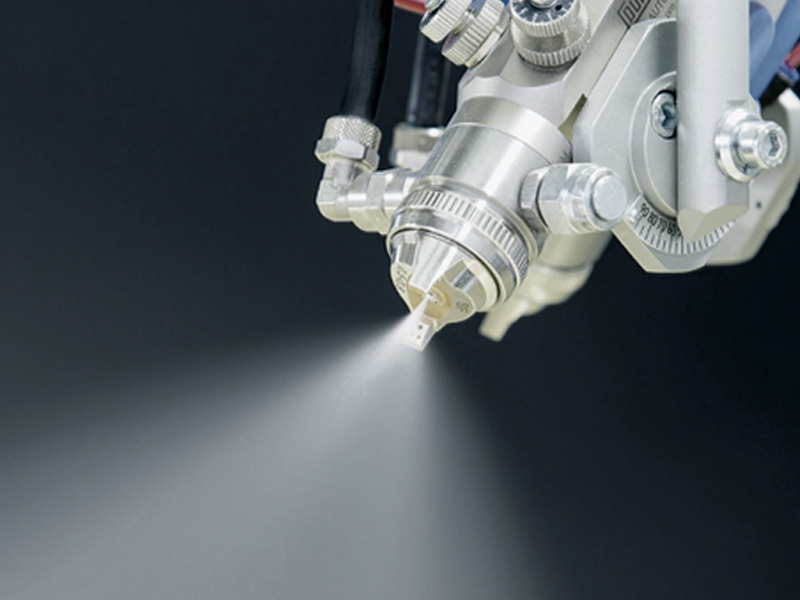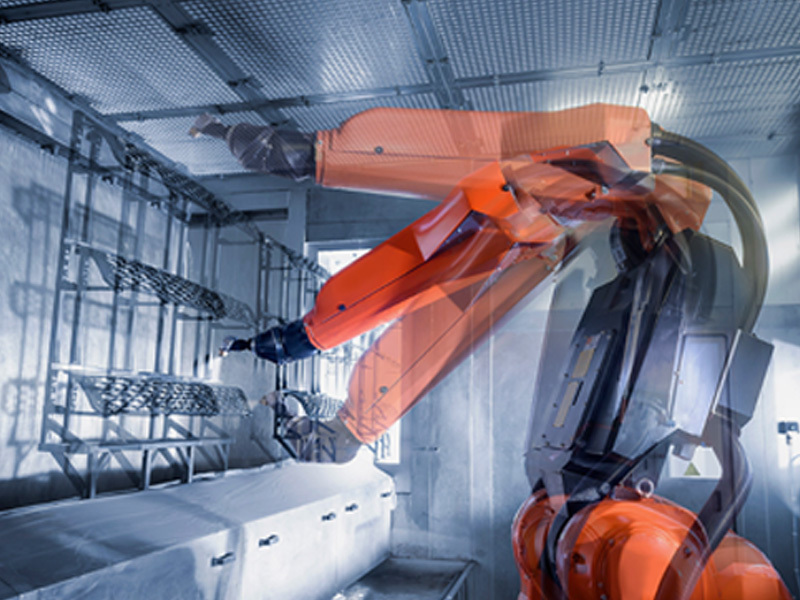Revolutionizing Industry: The Future of Intelligent Spray Painting Technology
Release time:
2025-06-15
Intelligent spray painting of equipment is not merely a trend; it represents a significant shift in how industrial equipment is coated and finished. By embracing this technology, manufacturers can improve efficiency, reduce waste, and enhance product quality

In the realm of industrial equipment and components, intelligent spray painting has emerged as a game-changer, optimizing the surface finishing processes across various sectors. This innovative technology harnesses the power of artificial intelligence and automation to enhance spray painting operations, ensuring high-quality finishes while minimizing waste and downtime.
At its core, intelligent spray painting utilizes advanced algorithms and machine learning techniques to analyze and adapt to specific coating requirements in real-time. This means that the equipment can automatically adjust parameters such as spray angle, pressure, and paint viscosity based on the substrate being coated and environmental conditions. As a result, manufacturers can achieve a more uniform and precise application of paint, ultimately leading to improved product durability and aesthetics.
One of the significant advantages of intelligent spray painting technology is its capacity for increased efficiency. By automating the painting process, the technology reduces the time required for manual interventions, allowing for faster production cycles. Additionally, the precision offered by these systems helps in reducing overspray and material waste, which not only cuts costs but also makes the process more environmentally friendly.
Moreover, intelligent spray painting systems are designed to collect and analyze data throughout the painting process. This data can be invaluable for quality control, providing insights into the painting procedure and identifying any potential issues before they become problems. Manufacturers can leverage this information to refine their processes further, ensuring consistent quality and adherence to regulatory standards.
The applications of intelligent spray painting extend beyond traditional industrial equipment. Industries such as automotive, aerospace, and consumer goods are increasingly adopting this technology to enhance their production lines. For example, in automotive manufacturing, intelligent spray painting can ensure a flawless finish on vehicle exteriors while optimizing the use of materials and reducing production time.
Furthermore, as businesses strive for digital transformation, integrating intelligent spray painting with other technologies, such as IoT and robotics, becomes increasingly feasible. This integration can lead to fully automated production lines where machines communicate seamlessly, enhancing overall operational efficiency and responsiveness to market demands.
Intelligent spray painting of equipment is not merely a trend; it represents a significant shift in how industrial equipment is coated and finished. By embracing this technology, manufacturers can improve efficiency, reduce waste, and enhance product quality. As the industry continues to evolve, the adoption of intelligent spray painting will likely play a critical role in shaping the future of manufacturing, making it a vital area for businesses to consider in their strategic planning.











